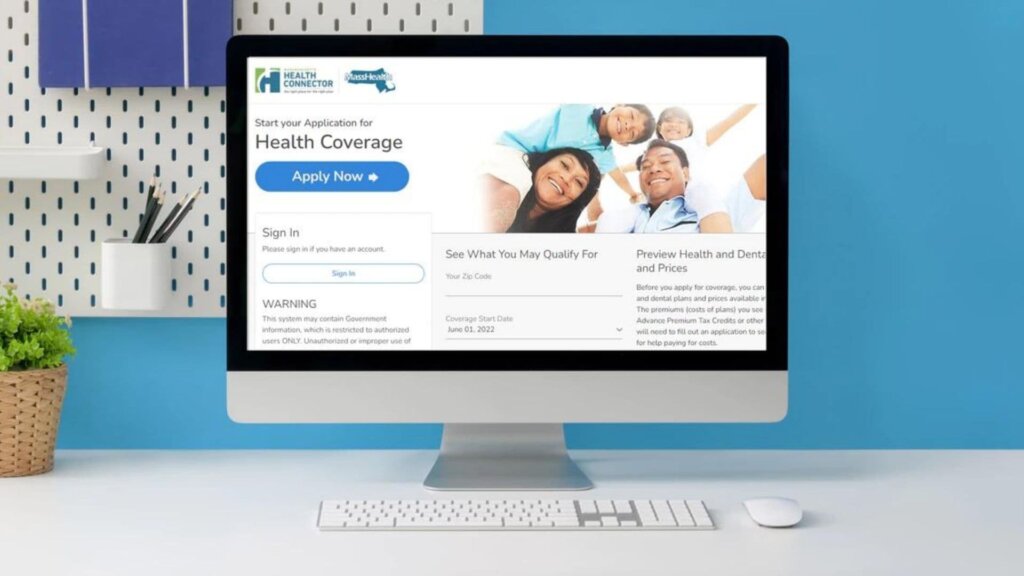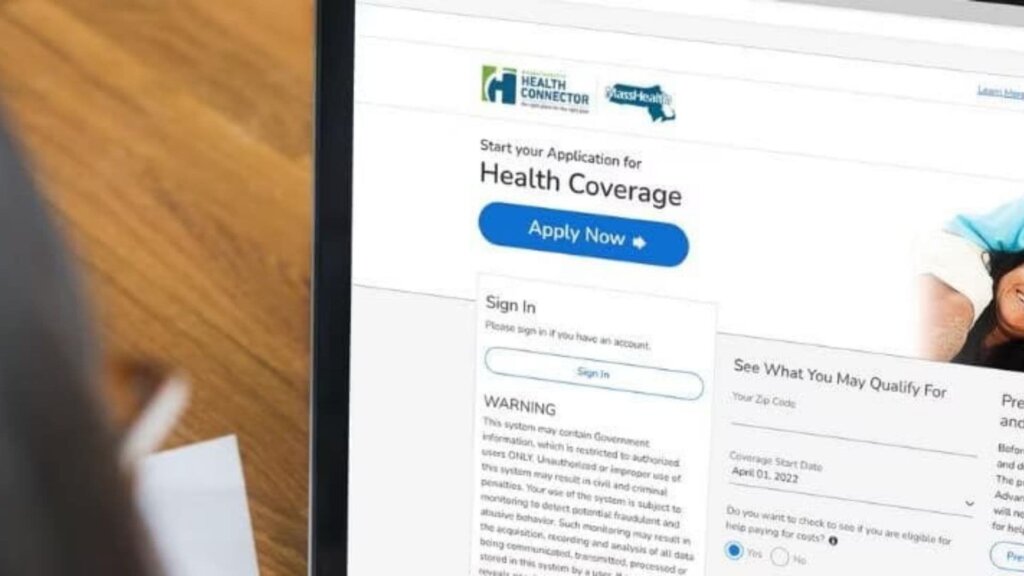
MassHealth is the state program that helps low-income Massachusetts residents pay for their health care. It also provides assistance with long-term care costs. There are several requirements to meet before you can apply for MassHealth, including residency and income. You must live or intend to live in Massachusetts and have an income that is below a certain threshold. You must also have proof of your identity and citizenship status. This includes a valid passport.
MassHealth Disability Benefits
If you are applying for disability benefits, you must complete a Disability Supplement form. This form gives UMass/Disability Evaluation Services permission to contact your child’s doctors, teachers, and Early Intervention providers for more information about your child’s condition. It’s important to fill out this form as quickly as possible because processing can take up to 90 days.
You must answer all of the questions on the application. If you don’t, you may not qualify for benefits. Also, it’s important to keep MassHealth informed of any changes in your circumstances. For example, if you get better, your MassHealth coverage may change.

Eligibility
MassHealth is available to Massachusetts residents who meet certain income requirements and other eligibility criteria. It also offers special coverage options for seniors and those needing long-term care.
There are various ways to qualify for free MassHealth, including applying through the Health Connector or visiting an enrollment assister. These individuals are trained and certified to help you apply for coverage, shop for plans, and answer questions about health insurance reform rules and requirements. They can be found at Massachusetts Health Connector Walk-In Centers.
Health Plan Enrollment
MassHealth offers health insurance coverage for most low-income residents of Massachusetts. These plans include ConnectorCare, Children’s Health Insurance Program, and the Health Safety Net. These plans have no monthly premiums and low or no out-of-pocket costs. They also offer dental and vision coverage. In addition, you can get help paying for your plan if you have a qualifying life event.
You can apply for a plan through the Health Connector open enrollment period, which opens this fall. You can also enroll in a MassHealth or Health Connector plan outside of the open enrollment period if you have a qualifying life event, such as marriage, divorce, birth of a child, or loss of employer-provided coverage.
Once you are approved for MassHealth, you will need to select a managed care plan or accountable care partnership plan. If you do not choose a plan during the Plan Selection Period, the state will assign one to you. Once you have selected a plan, you will need to stay in that plan until the next Plan Selection Period. This usually happens every 12 months

Application Process
MassHealth requires applicants to provide a lot of information and details. This includes financial statements, tax returns, and a variety of other documents. The process can take months, especially if all the required information is not submitted. The application also initiates an electronic data match with various agencies and databases to verify the applicant’s information.
It’s important to keep in mind that every application is reviewed by a MassHealth caseworker. Each one has different practices and regulations. If an application is incomplete, the caseworker will notify you and give you a deadline to submit the necessary documentation. You have 30 days to file an appeal if your application is denied.
The application requires extensive financial documents, including bank statements, pension stubs, and investment statements. It also asks for a detailed list of assets and insurance policy numbers. Applicants who require long-term care may need to submit up to five years of financial records. It’s a good idea to keep a filing system and organize all your documents before you start filling out the MassHealth application.